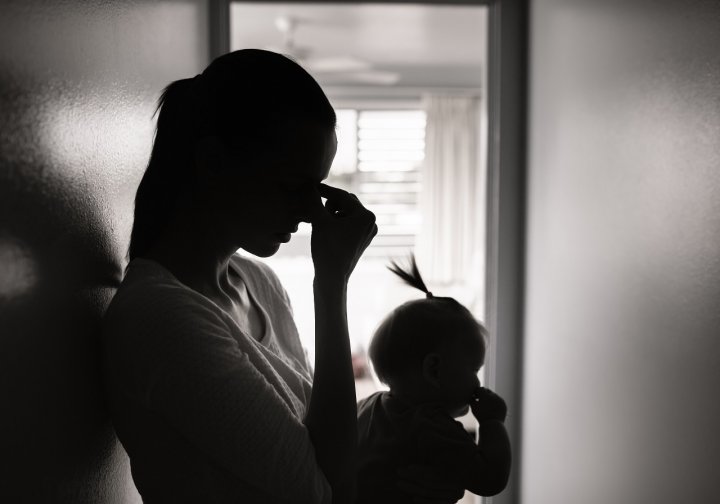Blog

Depression in pregnancy and after childbirth - where to seek help
Depression in pregnancy and after childbirth can be challenging and affect the mother and the whole family. Do not be afraid to seek early help and support from professionals.
Pregnancy and postpartum depression can include bad mood, loss of interest in things that used to bring joy, and undue fatigue. It can also affect a mother's ability to care for herself and her newborn. A growing sense of isolation and insecurity can also stem from this situation.
Symptoms of postpartum depression
Prolonged and overwhelming feelings of sadness, a noticeable lack of energy and desire to do anything, fatigue not matching the tasks performed, poor ability to feel joy, disinterest in favourite activities, and even general apathy. There may also be excessive feelings of guilt, worthlessness and, in the most extreme cases, thoughts of suicide.
Physically, there may be sleep problems (insomnia or long unrefreshing sleep), a general slowing of movements, an inability to remain calm, very easy irritability, changes in taste, a marked reduction or loss of libido, and mood swings that are not entirely justified.
Other factors that can lead to the development of pregnancy and postpartum depression:
Hormonal changes: during pregnancy and after childbirth, significant hormonal changes can affect mood and emotional state. For example, a drop in estrogen levels after birth can play a role in the development of depression.
Genetic predisposition: There is a genetic predisposition to depression that can increase the risk of depression, and excessive stress during pregnancy can be a trigger.
Stress and psychological factors: Pregnancy and motherhood can increase stress, worry and anxiety.
Lack of support: Lack of support from a partner, family or close friends can exacerbate feelings of isolation and increase the risk of depression.
Challenging experiences in a previous pregnancy or childbirth: Complications in pregnancy, birth trauma or other difficult experiences can cause emotional distress and contribute to depression.
It is important to remember that every woman is unique, and the factors that can lead to depression during pregnancy and after childbirth may differ. If you have any concerns about your mental health in any way, do not be afraid to seek help and support from professionals such as doctors, psychologists or therapists specializing in reproductive and perinatal psychology.
Where to seek help?
Anxieties in pregnancy and other psychological problems after childbirth affect a surprising number of moms. You are not alone in this, and there are ways to help. You can hardly control it alone, so do not hesitate to ask for help.
First and foremost, talk to your partner, a family member or with a friend. Describe your feelings to them and what would be helpful for you from their side. Alternatively, together find a way to move forward with a professional.
In any case, you can contact your gynaecologist or GP. They shall recommend another specialist to see or suggest some form of help themselves.
Visit a specialist psychological counselling service directly. Our therapists can help you out of a complex mental and physical situation.
If you feel threatened by depression or anxiety during pregnancy or after giving birth, do not hesitate to seek help. In addition to medical assistance, psychologists and therapists specializing in reproductive and perinatal psychology can help you. These professionals can help mothers manage the emotional challenges associated with pregnancy and postpartum, including depression in relationships.
